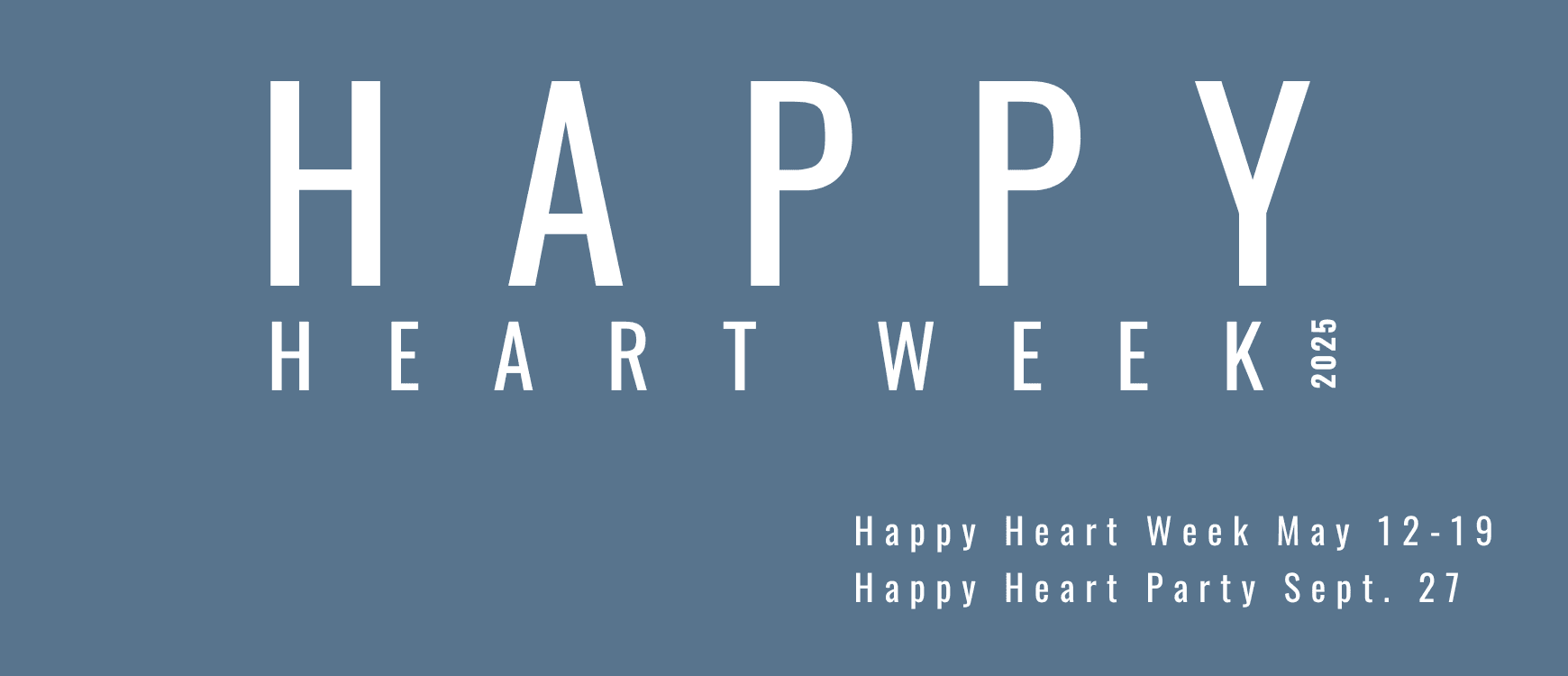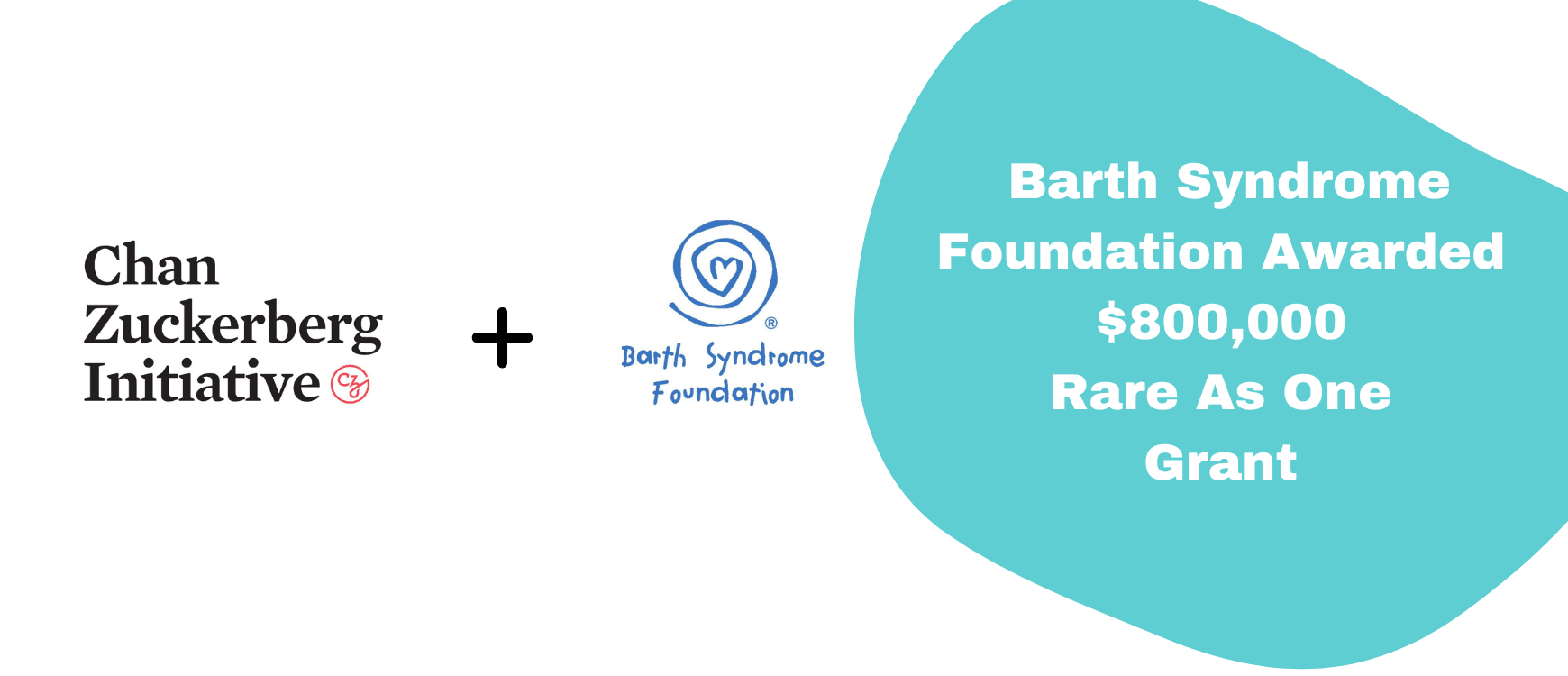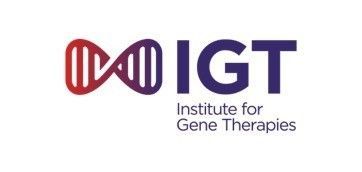At first glance, Henry Branagh might seem like any other middle schooler. He rides an e-bike to school, plays a little baseball, and manages his homework with the help of extra support classes. But behind his quiet determination is a rare and relentless disease—and a mother who has made it her mission not just to manage it, but to change the odds for others.
Henry, now 13, was diagnosed with Barth syndrome just before his first birthday. His early months were harrowing: unexplained feeding issues, a dramatic failure to thrive, and eventually, an emergency hospital admission that revealed severe heart failure. After five weeks in the pediatric ICU and consultations with a transplant team, a genetic test confirmed what no one had suspected—Barth syndrome, an ultra-rare, multi-system disorder caused by mutations in the TAZ gene.
“We were lucky to find out when we did,” says Megan Branagh, Henry’s mom. “Before the worst happened.”
Barth syndrome affects fewer than 200 known individuals in the U.S. It causes heart dysfunction, muscle weakness, immune system deficiencies, growth delays, and often, profound fatigue. There is no approved treatment. And for children like Henry, that means life revolves around symptom management and the mental weight of what might come next.
Even in relative stability, the impact is unmistakable. Henry takes a complex cocktail of medications twice a day just to maintain his heart function. A full day at school leaves him drained, physically and mentally. While his peers choose electives and sports, Henry opts for a study period so he can keep up. He dreams of playing football like his older brother, but his body can’t keep pace. “He understands the unknowns,” Megan says. “And the older he gets, the more he feels the difference.”
Megan and her husband, John, live in Walnut Creek, California, with Henry and his three brothers. Surrounded by leading institutions like UCSF and Stanford, they benefit from proximity to world-class care. But even here, Megan says, true expertise in Barth is hard to find. “No one is an expert,” she says. “Hopefully someday we will make it to see the team at Kennedy Krieger in Baltimore.”
Instead, the Branaghs have leaned on community. For 13 years, Megan has spearheaded “Happy Heart Week,” an awareness and fundraising campaign with an extraordinary reach. Through daily emails, social media storytelling, t-shirts, and grassroots generosity, the family has helped raise more than $1 million for the Barth Syndrome Foundation. This year’s virtual campaign runs May 12-19, and the in-person Happy Heart Party is September 27th in Briones, CA.
And yet, even with all that momentum, the Branaghs are still fighting for something that should be straightforward: access to a potentially life-changing therapy.
Elamipretide, a drug designed to improve mitochondrial function, has shown promise in Barth syndrome. But despite a positive FDA advisory committee vote and years of data, the agency recently delayed its decision on whether to approve the drug. For Megan, it’s a devastating pause—and a dangerous precedent.
“Our Barth community’s journey with elamipretide is unjust,” she says. “The FDA’s actions are sending a message that Henry—and kids like him—are too rare to care about.”
She’s not just making noise. Megan has spent the past few years in advocacy meetings, writing letters, and urging lawmakers to ensure that the FDA fairly and fully reviews treatments for rare diseases. “It’s sickening to know a drug exists and might never be available—not because it’s unsafe, but because the system isn’t built to evaluate it.”
Henry isn’t asking for guarantees. He’s asking for a chance. Megan puts it simply: “We want a vibrant, healthy, happy life for him. That shouldn’t be too much to ask.”
Call to Action
The Barth Syndrome Foundation calls on the FDA to:
• Complete the review of elamipretide immediately
• Set a clear decision date
• Approve the drug for all eligible individuals with Barth syndrome
Read the foundation’s full statement: Barth Syndrome Foundation Calls for Urgent FDA Action




















